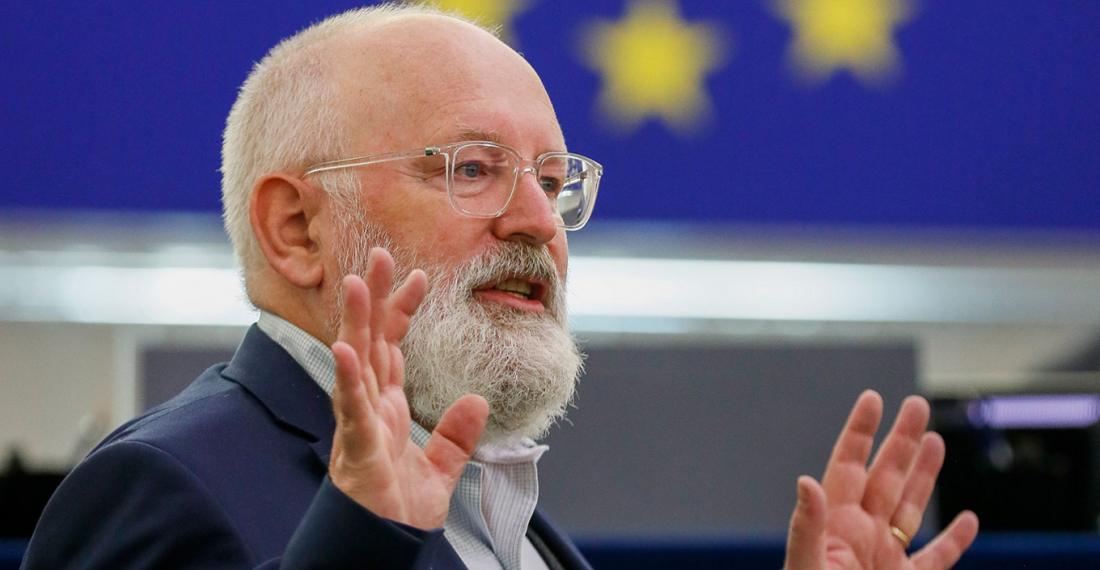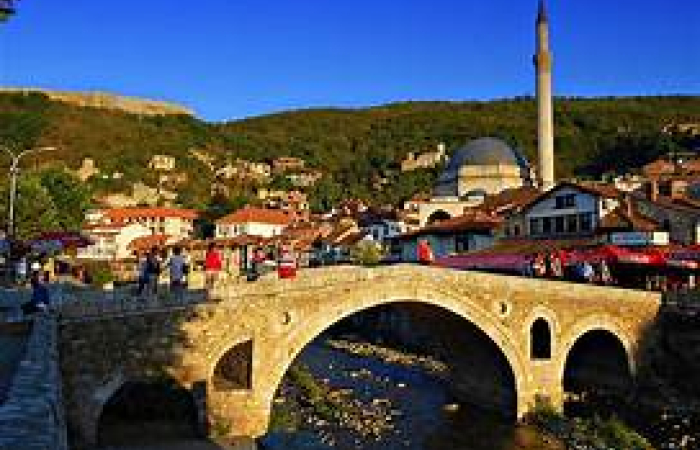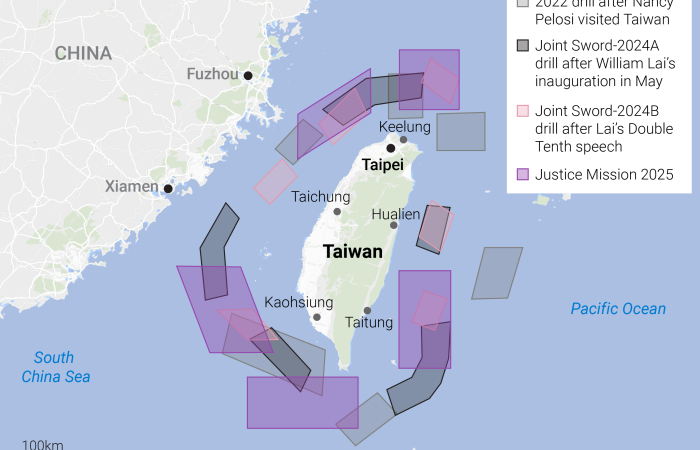The European Union is pledging an additional 100 million euros to the United Nations Climate Adaptation Fund, which offers finance to developing countries vulnerable to the impact of climate change. European Commissioner for Climate Action Frans Timmermans announced this during his speech at the climate summit in Glasgow on Tuesday (9 November). The amount comes on top of earlier pledges by member states and is the most significant pledge made so far at COP26.
Timmermans said the money is intended primarily for the most vulnerable countries, such as the least developed countries and small island states. In 2020, the EU and its 27 member states already pledged 23.39 billion euros in climate aid for developing countries to help them reduce their emissions and adapt to the effects of climate change.
The United Nations Climate Adaptation Fund has disbursed some 749 million euros for climate adaptation since 2010. This has funded 126 local projects in developing countries. An estimated 31.5 million people have benefited.






